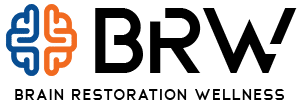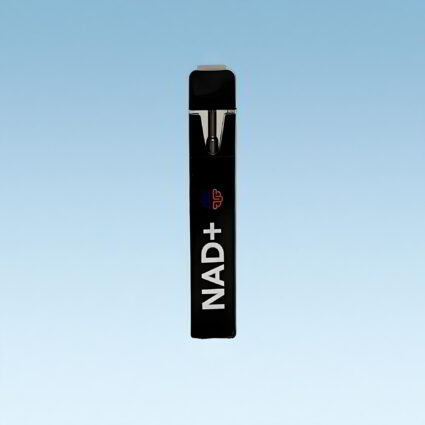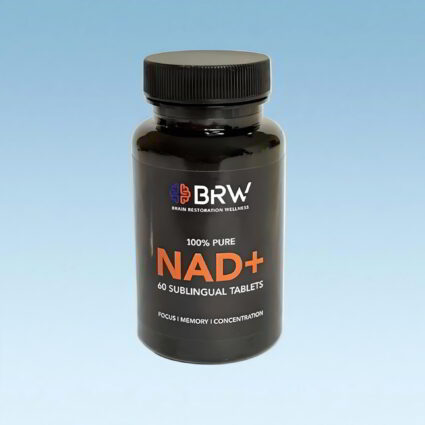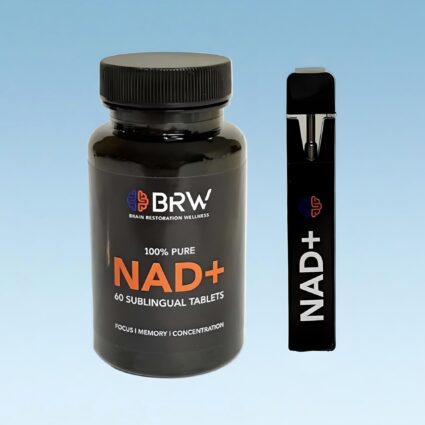Detoxification, commonly referred to as detox, is the pivotal first step in the journey toward recovery from addiction. Its role in drug rehabilitation cannot be overstated, acting as the bridge between active substance abuse and long-term sobriety. This article will delve into what detox entails, why it’s critical, and how it integrates into the broader spectrum of drug rehab services.
Drug Detox Basics
When an individual starts their journey to recovery, detox is typically the initial phase; it involves clearing the body of toxic substances under professional supervision, which can be intense but is crucial for the safety and health of the patient. For example, someone deeply addicted to opioids will experience severe withdrawal symptoms that medical detox can help manage safely. Here, we see the direct impact of a structured detox process:
- Safety and Stability: Detox provides a controlled environment where health professionals monitor and stabilize patients.
- Withdrawal Management: Symptoms are managed with medical expertise to ensure minimal discomfort and complications.
- Foundation for Recovery: Cleansing the body sets a clean slate for further therapeutic interventions.
Types of Detox Programs
Detox programs are not one-size-fits-all. They vary widely to accommodate the different needs of patients, which depend on the substance abused and the individual’s health. Medical detox, for example, involves round-the-clock medical monitoring, while social detox focuses more on peer and social support:
- Medical Detox: Provides close medical supervision to address severe withdrawal symptoms.
- Social Detox: Emphasizes emotional and psychological support without intensive medical intervention.
- Specialized Detox Programs: Tailored to unique needs such as for pregnant women or those with co-existing mental health disorders.
Choosing the Right Drug Rehab Center
Selecting the right detox facility is crucial and can significantly influence the success of the entire rehabilitation process. Factors to consider include accreditation status, the qualifications of the staff, and the types of programs offered:
- Accreditation: Ensures the facility meets stringent health and safety standards.
- Staff Expertise: Qualified professionals who can manage diverse health issues.
- Program Diversity: Availability of various programs that cater to specific demographic or substance-related needs.

Detox Treatment Length Variations
The duration of detox varies depending on several factors, including the type of substance abused and the individual’s physiological response to detoxification. While some might need only a few days to detox, others might require weeks:
- Short-term Detox: Often lasts from a few days to one week.
- Long-term Detox: Can extend to several weeks if the addiction is severe.
- Tailored Duration: Detox length should be adjusted based on individual progress and needs.
Detox and Mental Health Support
Addressing mental health is a crucial component of the detox process. Many individuals struggling with addiction also face mental health challenges, which can complicate the detox phase. Providing mental health support during this time helps in managing emotions and behaviors that could impact recovery:
- Integrated Therapy: Combines detox with mental health interventions.
- Support Networks: Access to group therapy and peer support groups.
- Continuity of Care: Ensures ongoing mental health services post-detox.
Life After Detox
Detox is just the beginning. After completing detox, individuals usually enter a structured treatment program that builds on the foundation laid during detox:
- Seamless Transition: Ensures the move from detox to rehabilitation is smooth and supported.
- Ongoing Therapy: Engages patients in continuous therapeutic practices to address deeper psychological issues.
- Support Systems: Facilitates connections with support groups and counselors that sustain long-term recovery.

Detox Plays a Crucial Role in Drug Rehabilitation
Detox is the necessary first step toward healing and recovery. It prepares the body and mind for the hard work of rehabilitation and lays the groundwork for a successful recovery journey.
Key Takeaways: SEO Optimized for Drug Rehab Center
- Detox is essential as it ensures safety and stability during withdrawal.
- Choosing the right detox program is crucial for effective treatment.
- Mental health support during detox can significantly enhance recovery outcomes.
- Aftercare following detox is critical for sustained recovery.
Frequently Asked Questions
1. What exactly does detox involve in drug rehabilitation? Detox involves medically supervised withdrawal from drugs, ensuring the individual’s safety and preparing them for further treatment phases.
2. How long does detox usually last? Detox duration can vary from a few days to several weeks, depending heavily on the substance in question and the patient’s health condition.
3. Can detox cure addiction? Detox is not a cure for addiction but a critical first step in the comprehensive treatment process that includes therapy and long-term support.
4. Is it safe to detox at home? Detoxing at home can be dangerous without professional medical supervision, especially for substances that cause severe withdrawal symptoms.
5. How do I choose the right detox center? Look for accredited facilities with experienced staff and a range of programs tailored to different needs and substances.














